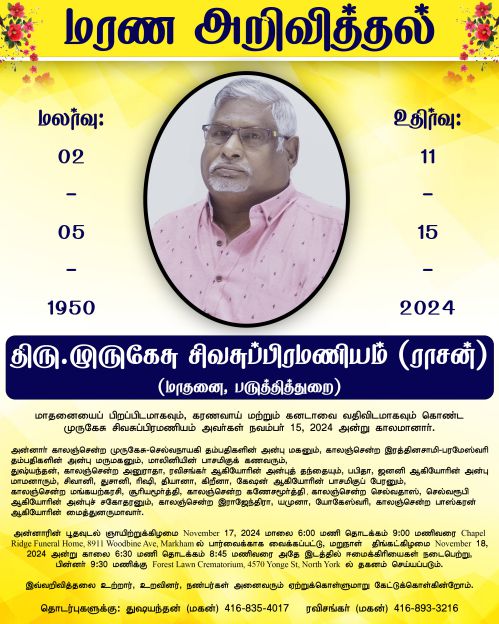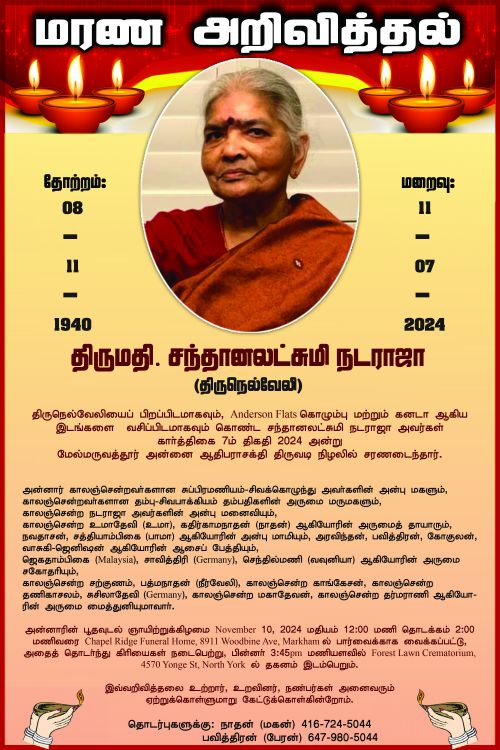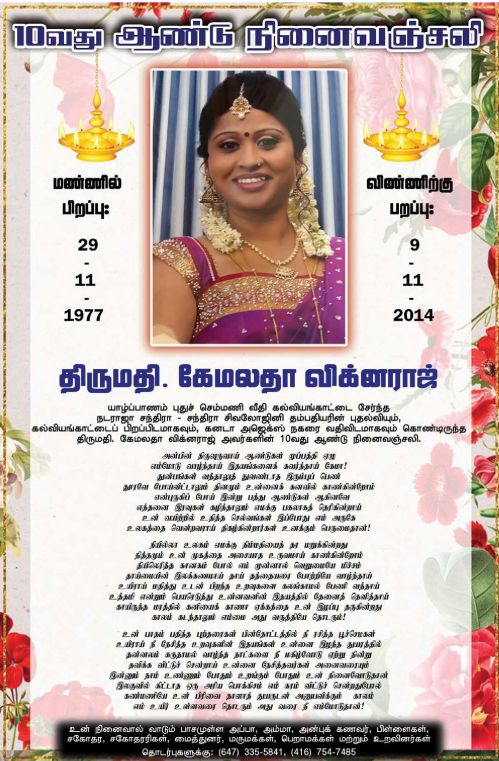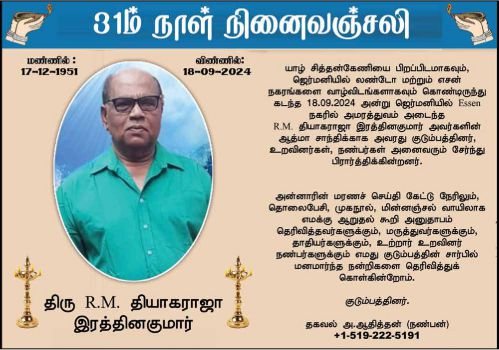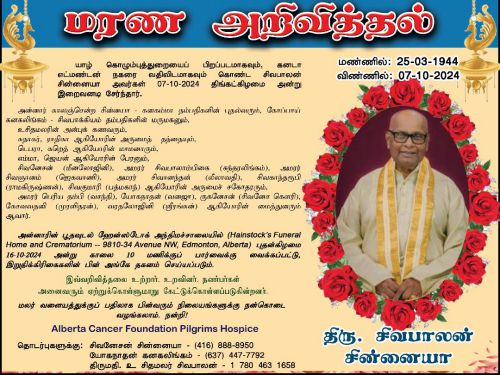Tamil cattle farmers protest continue with no solution in sight
Share

Siva Parameswaran
The peaceful protest by the Tamil cattle farmers in the Eastern Province has crossed 150 days with no solution being offered by the Ranil Wickremesinghe government.
Cattle farmers are protesting against the inaction of the government to stop the atrocities perpetuated by the Sinhala people in the Mylathamadu-Mathavanai who have not only illegally occupied the grazing lands but also have deprived their livelihood.
Despite continuously protesting for over five months now, they allege the atrocities and the highhandedness of the Sinhala farmers continue they allege.
Tamil cattle farmers complain the Sinhala farmers continue to torture and kill their cattle stock which is their only source of living. Even afraid to speak openly for fear of reprisal, the Batticaloa milk producers describe how their cattle are being inhumanly abducted and tortured.
“A pregnant cow delivered a pre-term calf as a result of high voltage electricity being passed into her body. The pre-term calf is even unable to stand. This is a baby. Is this not an atrocity? It is an innocent animal that can’t speak. We don’t know which is a live wire. Those respecting Buddhism should see this. You are doing this to a dumb animal. You are putting crackers into their mouth and firing upon them through air rifles. You butcher them. Are you the people who say we are upholding Buddhist dharma?” an anguished and impoverished milk farmer told local media.
The demand of the Tamil cattle farmers to evict the Sinhala farmers who have forcefully occupied the Mylathamadu-Madhavanai grazing lands has fallen on the deaf ears of the administration and the politicians.
On the 13th of September, the then District Secretary Kamalavathy Pathmaraja told the District Development Council meeting that no solution could be offered to the issues faced by the milk-producing cattle farmers. Following this, the Tamil cattle farmers started their protest on the 15th of September in front of the Sithandi school. And, the protest has continued since then.

Even though the farmers were assured of a meeting with the Justice Minister Wijeyadasa Rajapaksa on the 25th of February at the protest site the meeting did not take place says Seenitambi Nimalan, President of the Mylathamadu-Madhavanai milk producers’ association said.
“So far 275 cattle have been killed by the Sinhala farmers who are forcefully occupying the land demarcated as grazing land for the cattle. These cattle belong to 22 farmers. No firm action has been even though we have complained to the Karadiyanaru Police”.
Adding further Nimalan said the Sinhala farmers who have occupied the grazing land have also forcefully occupied the water resources which were the source of drinking water for the cattle. Due to this the already vulnerable farmers and their cattle are being pushed further depriving them of essential water supply. Lack of water resources put them and their milk business in serious crisis he said with a choked voice.
Out of the 6,500 acres of the said grazing land, close to 5,000 acres are forcefully occupied by the Sinhala farmers numbering around 700 who are staying there says Nimalan. Yet another Tamil farmer who is protesting against this illegal occupation says 15 cows amongst his stock of 50 cattle have been killed by them and this has cast a big question mark on their lives.
“This is a place where we bring our cattle for grazing for generations. We are unable to let our cattle for grazing there. But what they are doing is butchering, shooting, and brutally injuring our cattle. I had 50 registered cows, but 15 have been killed. The government is responsible for this. The cattle are our only livelihood, we don’t have anything else. Our lives have been ruined ever since they were settled here”
Over three thousand families and their 200,000 cattle and close to a thousand milk producers depend on the Mylathamadu-Madhavanai grazing land for their survival.
“Our future is uncertain and appears doomed,” the protesting Tamil cattle farmers say in a united voice.
The Sinhala farmers mostly from the neighbouring district of Amparai were encouraged to settle there by the former governor of the Eastern Province Anuradha Yahambath local journalists say. These farmers have been leased lands here on a short-term basis to cultivate cash crops like maize based on the failed vision of the ousted President Gotabaya Rajapaksa on self-sustaining agriculture during the COVID-19 pandemic period.
Sri Lanka being a milk-deficit country largely depends on the import of milk powder mostly from New Zealand, Australia, and Denmark. According to the Food and Agriculture Organization of the UN, only 20% of the local fresh milk requirement is produced locally and the rest is compensated through imported milk powder.
Among the local produce of fresh milk, the Mylathamadu-Madhavanai milk producers, the Tamil cattle farmers contribute close to 18%.
With the Sri Lankan economy still struggling to recover and spiraling food costs the money spent on importing food and dairy products is huge adding a huge burden to the ailing economy. Economic analysts say any reduction in milk production in the country due to issues like the Mylathamadu-Madhavanai grazing land will only lead to further reduction in milk production apart from depriving the livelihood of the Tamil farmers by forcefully settling Sinhala farmers shrinking the grazing land available for the 200,000 cattle.
As the summer season is predicted to be harsh this year, the fodder available for the cattle is expected to deplete further pushing the already vulnerable Tamil cattle farmers towards the brink, agriculture experts point out.




















